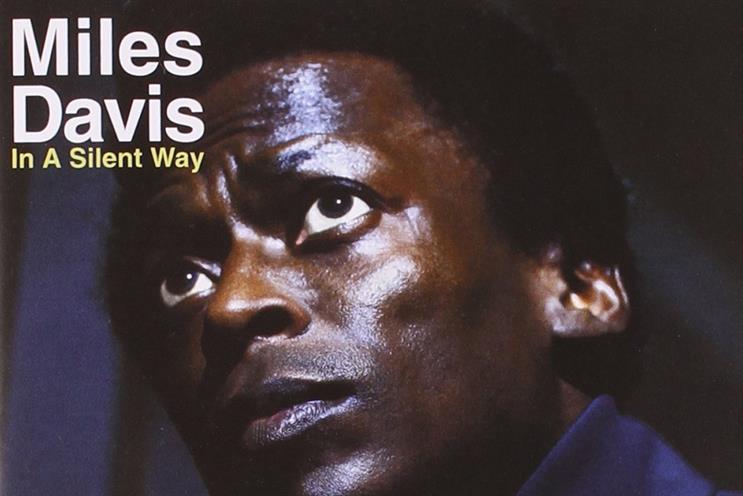A recent documentary by BBC Radio 6 Music, Miles Plugs In, charted the controversial six-year period in the career of Miles Davis often dubbed the Electric Era.
Throwing out pretty much every convention in Jazz – those who had firmly established him as one of the cultural greats of the 50’s and 60’s, no less – Davis chose to embark on an eclectic period of creativity between 1969 and 1975 that produced such albums as In a Silent Way, Bitches Brew, and most controversially, On The Corner.
These albums turned the notion of what a Miles Davis album is completely on its head. At the time, they were frowned upon by Jazz aficionados. Now, they are now universally hailed as classics.
Sadly, such creative bravery is rarely seen. Those that attempt to move away from normal run the risk – often in the short-term, at least – of being shouted down. Bowie notwithstanding, changes of style are often met with horror rather than respect and applause.
With change comes fear. Fear of losing control and of disruption, of messing with the fixed world around us, of having our habits challenged – or even more terrifyingly – changed.
So, yes, we’ve thought it through and we think this will just blow over and it would just be better for everyone concerned if we just stayed as we are. Thanks though, great idea, guys… But the music that Miles Davis produced in his Electric Era led him to a range of new audiences.
With change comes fear. Fear of losing control and of disruption, of messing with the fixed world around us, of having our habits challenged – or even more terrifyingly – changed.
Similarly, the late Bowie’s well-documented creativity led him to dominate this year’s Brit awards, more than a year after his death, and where he was described as a man "beholden to nothing but his own boundless imagination and daring".
How reasonable is it anyway, these days, to keep doing things the way they’ve always been done? In a world of surprises – and I don’t think anybody needs me to list a few – marketers are still scared of change, even at a time when change is currently the only constant.
This fear breeds inertia, too. It leads to paralysis in decision-making, to collective fingers-in-ears, acting as if it is business as usual, when often it’s anything but. Then, when the brown stuff hits the spinny-fan-thing, somebody else will be to blame.
So, how do all become a bit more Miles and Bowie about it all? How does one build the confidence to change course and break free from the past?
First, surround yourself with totems of cultural change. Miles Davis famously devoured books on architecture and fashion, drawing confidence from those that challenged convention.
Then, create a culture of speed. Smaller, leaner, more agile teams work around problems and challenges as they arise. Old, linear methods of problem-solving won’t cut it.
Set the process up now, don’t wait until you need it. And trust your gut. Often Miles would start recording sessions as soon as the musicians had sat picked up their instruments, in readiness for the moment when the magic starts to happen, to capture those moments. Marketing needs more – much more – of this.
Finally, build a circle of trust. One of the most fascinating things about Davis’ bands was that often the players had never played together, and more often than not he would only give them the barest outline of what he wanted – if anything.
He trusted his players implicitly, he let them run with it. This gave them confidence. Modern brands also need trusted – as opposed to fixed – teams of people working quickly, and together, on a brief.
Being brave in the face of change isn’t easy, but doing nothing is dangerous. And as creative businesses, without mixing it up and flipping it over, are we really living up to our names?
As Miles himself once said, "It’s not about standing still ... If anybody wants to keep creating, they have to be about change."
Chris Jefford is the founding partner at Hometown London.


